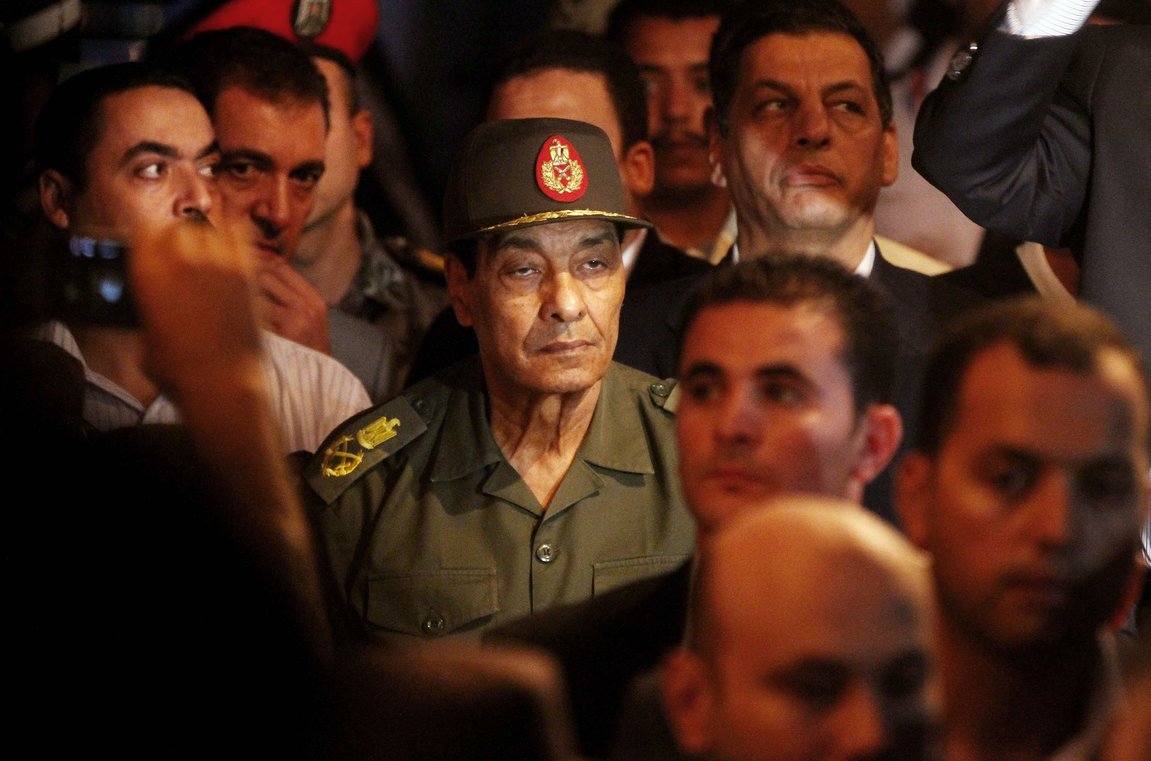CAIRO: As Mahmoud Ahmadinejad declares victory in the Iranian presidential election, with the resulting anger visible in the streets of Tehran and other cities, questions loom over the future of the region with four more years of the incumbent president and whether the fallout from the Iranian election might be replicated in neighboring countries.
Ahmadinejad was declared the victor Saturday over reformist Mir Hossein Mousavi with 63 percent of the vote. Mousavi immediately released a statement disputing the result of the election which had seen an 85 percent turnout.
“No one even imagined this much vote rigging, before the eyes of the world, by a government which says it is committed to religious justice, Mousavi said in a statement, “[This] will jeopardize the pillars of the Islamic Republic and establish tyranny.
Supporters of Mousavi took to the streets near the Ministry of Interior which had declared the result and violence ensued for 12 hours as protestors clashed with riot police armed with batons and tear gas.
“No oppressive tool of the state will be able to repress the beginning of reforms. Mousavi is more experienced than Khatemi when it comes to the inner workings of Iran. This is the beginning of the new Iran, Nabil Abdel-Fatah from Al Ahram Center for Political and Strategic Studies told Daily News Egypt.
“You cannot compare the Iranian experience with other countries. Other countries see lower turnout in voting because of corruption and repression. In Iran, there is awareness and a mass populist movement pushing for reform. This might spur the silent majorities to turn out at the ballot box in other countries in the region, he added.
Former coordinator of the Kefaya movement for change George Ishaq told Daily News Egypt, “We are not less than these countries. Lebanon and Iran is a lesson for the regime to release us. I feel that Egypt is stolen with this regime [in power]. Look what is happening around us while we sit and watch,
“I blame the opposition . We want to hear what they think of Lebanon and Iran. The 2010 parliamentary elections are coming up. I hope to see the opposition mobilize for this, Ishaq added.
One-hundred reformists and Mousavi-supporters have been arrested for purportedly orchestrating the riots which spread to other cities in Iran. Among them is Mohammed Reza Khatemi, the brother of Ahmadinejad’s predecessor Mohammad Khatemi.
Iran’s Supreme leader, Ayatollah Ali Khamenei, endorsed the election result and warned Iranians to avoid any sort of “provocative behavior.
“The size of troubles Iran causes in the region will continue but their influence will not be as great, because there is a new US administration with a different foreign policy aiming to reduce international tensions. And some Islamic movements in the region that are backed by Iran are not as successful as before, such as Hezbollah losing in the elections in Lebanon, Abdel-Fatah said.
Amnesty International released a statement in the run up to the elections in which it voiced its concern that the election period had seen “increased repression, both of people expressing their opinions directly about the elections, or of those seen to be opposed to the system in some way, including students, women’s rights activists, lawyers and unrecognized religious minorities, such as the Baha’is and the Ahl-e Haq.

